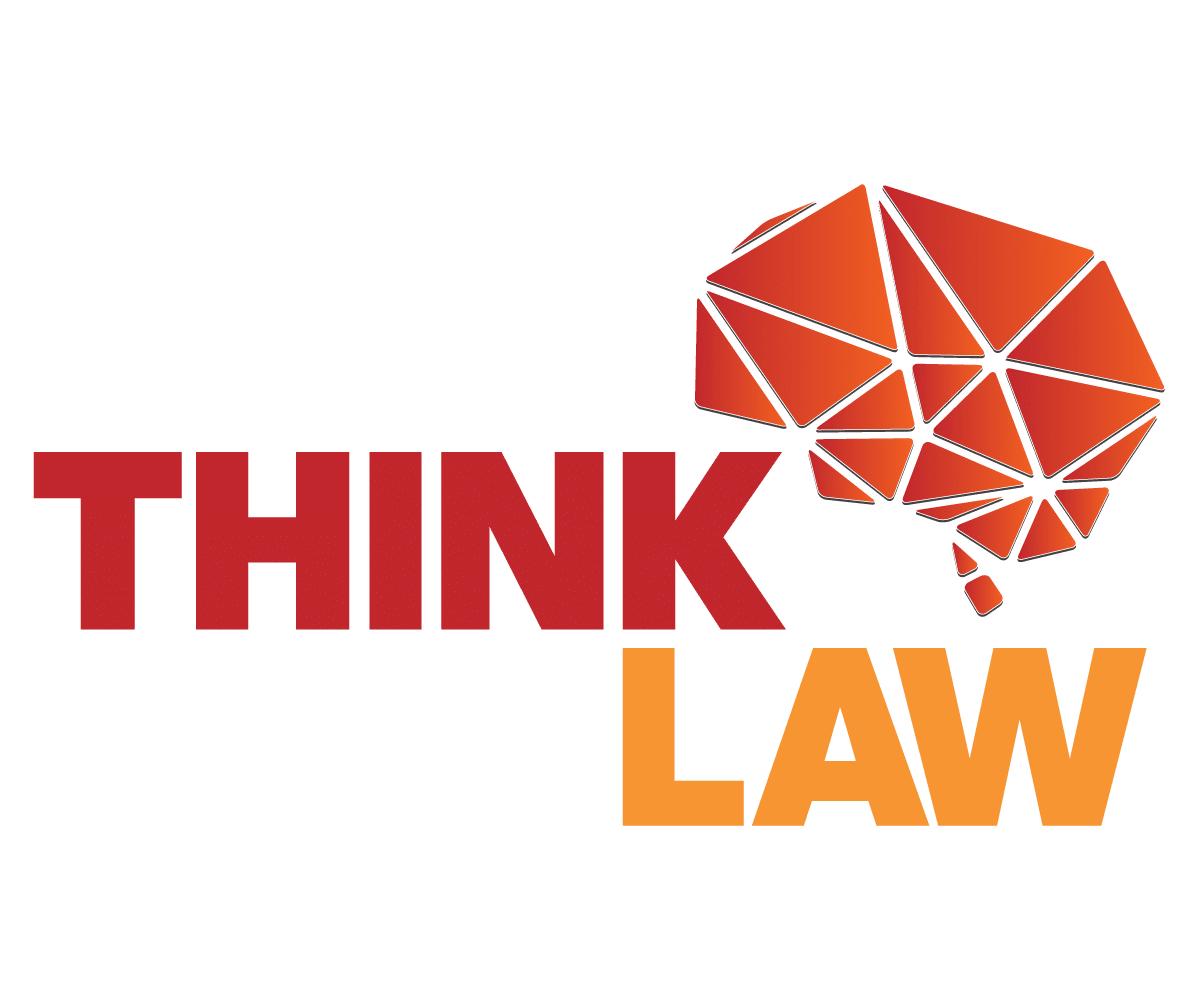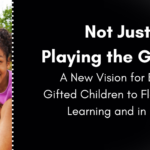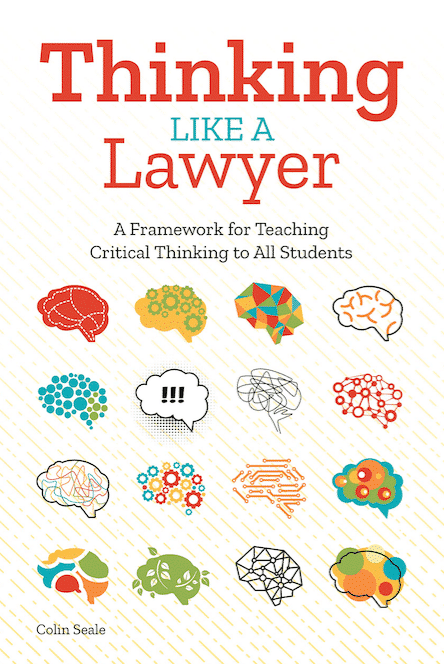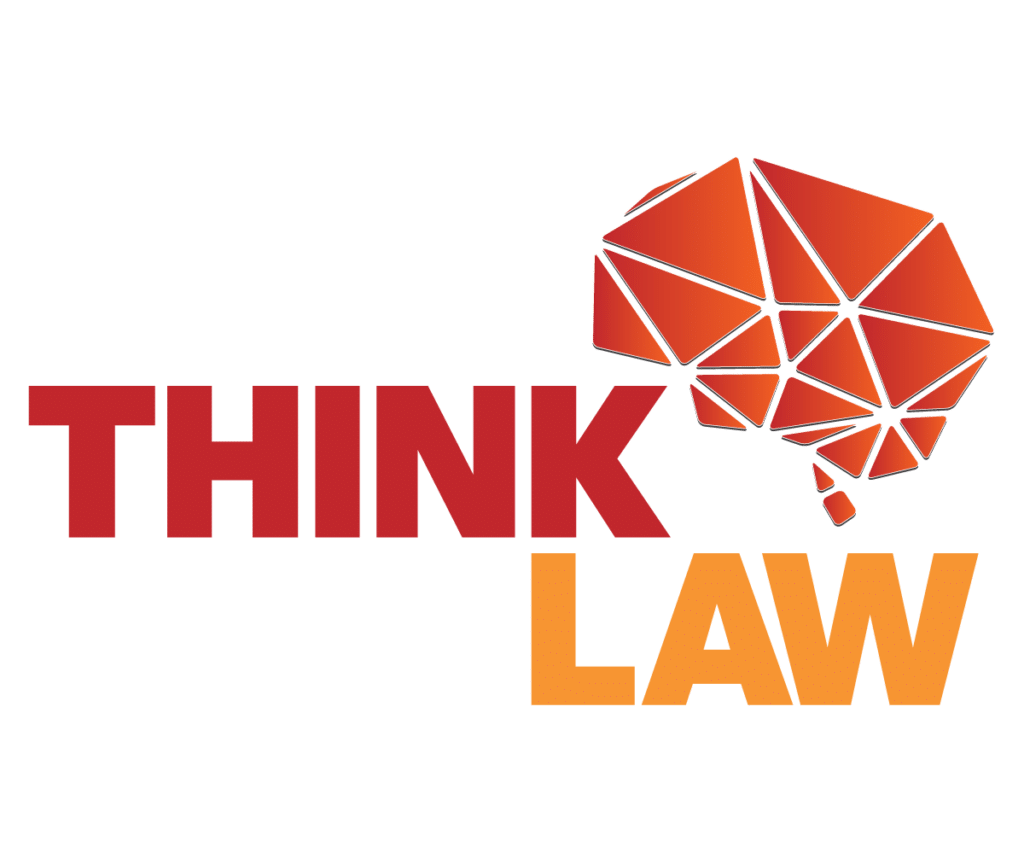State v. Barnes: The attorney for 2 men accused of stealing gifts from under a Christmas tree on December 26th (at 1am) tried asking potential jurors whether, “for religious or other reasons,” they could be fair and impartial about this case. However, the judge refused to allow this attorney to ask any questions, instructing him to “leave Christmas out of this.” After being convicted by a jury, the defendants sought a new trial, arguing that the judge erred by not allowing the defense attorney to ask about jurors’ potential “Christmas bias.”
Was the judge wrong? Should they get a new trial?

Answer:
State v. Barnes, 16 Conn. App. 333, 547 A.2d 584 (1988)
The Christmas holiday is an event that is conspicuously celebrated to a greater or lesser degree throughout this country. Such celebration is manifest in many ways ranging from quiet reflection to overt public jubilation and covering the entire spectrum in between.
“Christmas is a national holiday, celebrated by nonobservant Christians and many non-Christians, as well as by believing Christians.” American Civil Liberties Union v. St. Charles,794 F.2d 265, 271 (7th Cir.), cert. *340 denied, 479 U.S. 961, 107 S.Ct. 458, 93 L.Ed.2d 403 (1986).
“The joy of Christmas to believing Christians is inseparable from the salvation of man….” Id. at 273. Christmas is “a significant historical religious event long celebrated by the Western World.” Lynch v. Donnelly, 465 U.S. 668, 680, 104 S.Ct. 1355, 1363, 79 L.Ed.2d 604 (1984). It is that holiday which is universally associated with “a friendly community spirit of good will.” Id. at 685, 104 S.Ct. at 1365.
The distinctive air of brotherhood and goodwill is especially highlighted in the exchange of greetings and gifts during the Christmas season. The charges in this **588 case, that the defendants stole Christmas gifts from under a Christmas tree, may to some be considered extremely offensive and may color their ability to be fair, while it may not affect the perspective of others in any manner.
Clearly, however, the potential exists that a prospective juror, by the very nature of the allegations, may be unable to assess dispassionately the guilt or innocence of the accused. The very essence of the voir dire is to unearth any latent bias or prejudice which may be present in the mind of a juror that would impact negatively on his or her ability to determine fairly the issues in a case.
The prospective juror’s attitude toward Christmas and whether a crime, which appears to run counter to the Christmas spirit, affects the juror’s ability to hear the case, are reasonable, logical and natural questions to be asked at voir dire. Any juror who expressed an inability to render a fair and impartial verdict because of either strong religious feelings about Christmas, or because of an especially strong sense of outrage at the burglary of Christmas gifts from under a Christmas tree would have been unqualified for jury service under General Statutes § 54–82f, and thus susceptible to being excused for cause by the court.
Further, had the question been allowed, defense counsel would have been in a position to gauge any hesitation *341 or reluctance in the juror’s responses or detect any inclination in the juror to reach a verdict based on emotional factors.
Although a juror’s answers may not have risen to a level requiring removal for cause, the information elicited from the juror’s responses would have allowed defense counsel an opportunity to exercise intelligently her client’s constitutional right peremptorily to challenge potential jurors.
The court’s order denying this line of questioning abridged the defendants’ right to a fair trial and constitutes harmful error. See State v. Fritz, supra, 204 Conn. at 165–66, 527 A.2d 1157; State v. Dolphin, supra, 203 Conn. at 516, 525 A.2d 509; State v. Hill, supra, 196 Conn. at 673, 495 A.2d 699.







Leave a Reply